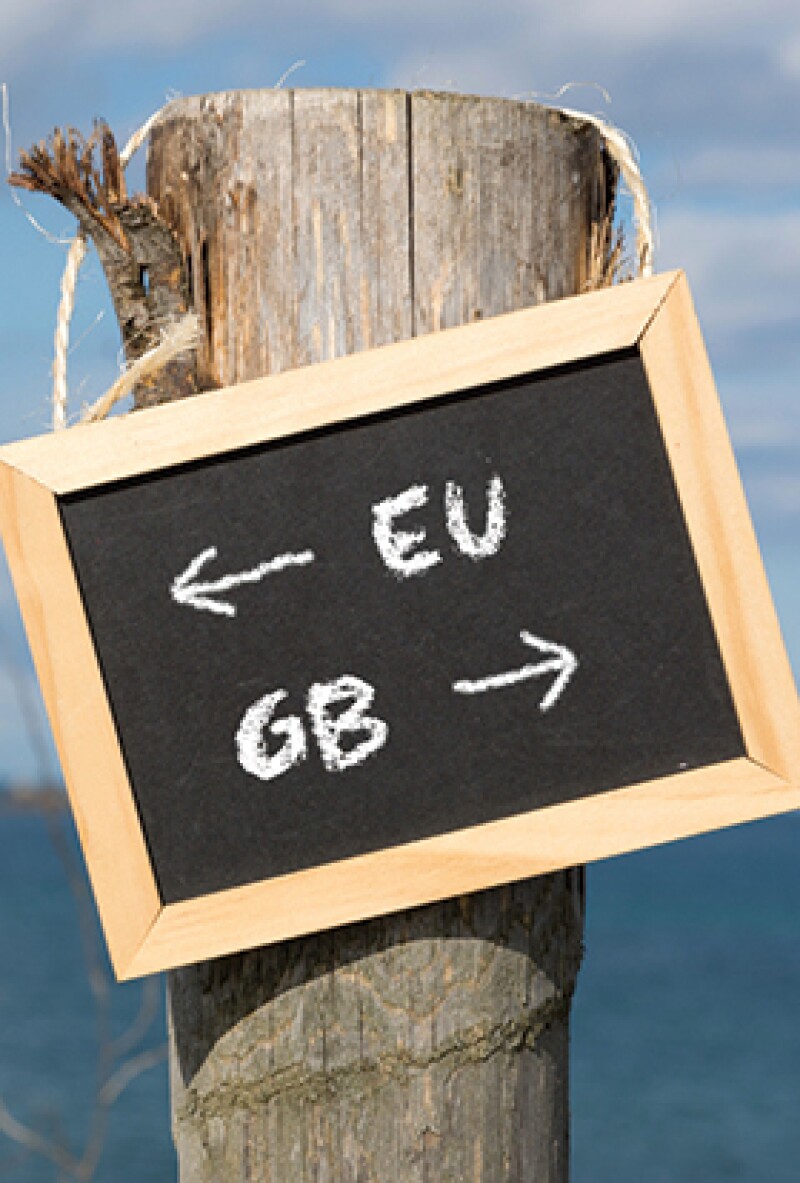
|
Brexit will have a big effect on heavily-globalised economies like Singapore |
After the initial shock of the June 23 referendum, reality is setting in with the ripples from the divorce proceedings spreading far and wide, reaching Asia in the first wave of volatile market activity. Other impacts, like the possible tax implications for businesses with interests in the UK, are set to follow, although much uncertainty has clouded the horizon.
Some key questions include when the UK will officially start the process of leaving the EU and what types of alternative economic agreements/treaties it may have in place. Although Prime Minister Theresa May has confirmed that the UK will trigger the Article 50 notice required for leaving the EU by March 2017, at the time of writing no actual date has so far been announced.
Asian businesses that are beneficiaries of their countries' free trade agreements (FTAs) with the EU will have to plan ahead, whether in terms of their supply chain or business sourcing decisions.
Change in preferential trade terms
All importing Asian countries like Singapore, Vietnam and South Korea will be affected by the future exclusion of the UK from the umbrella of FTAs that the EU has negotiated, or is still negotiating, with Asian partners.
For example, let us assume that the UK is officially not part of the EU and has not finalised new bilateral agreements with an EU FTA partner – such as South Korea.
If the last manufacturing country of cosmetics is the UK, and the finished product is exported to South Korea, the finished product will be subject to South Korea's full import duty at 8% instead of 0%. The cost of the cosmetics will increase by 8% immediately.
If the last manufacturing country is France and the finished product is exported to South Korea, but an ingredient is sourced from the UK, the UK ingredient will be regarded as "non-EU". The final product may fail the origin criteria under the EU-Korea FTA and no longer qualify for the tax benefits offered under that agreement. The finished product shipped to South Korea would then be subject to full import duty at 8% instead of 0%.

|
Asian countries will have to pay close attention to their manufacturing chains to avoid tariffs |
Review of global supply chain
The reassessment of global supply chains is especially critical in price-sensitive industries and when utilisation of EU FTAs is a key strategy to minimise customs duty.
In the hypothetical example given, an 8% customs duty saving is absolutely critical for foreign companies looking to gain greater market access in the competitive South Korean cosmetics industry. Such FTA considerations could trigger potential migration of global or regional business functions (e.g. procurement, manufacturing, distribution hubs) out from the UK.
Asian businesses should adopt a more holistic approach in managing their global footprint to consider a wider corporate tax and indirect tax perspective.
From a corporate tax perspective, if a company is keen to relocate business functions, it may consider negotiating a more attractive corporate tax incentive package with certain jurisdictions.
From a VAT perspective, if business functions relocate to other countries, whether within or outside of the EU, businesses will need to reassess their VAT registration statuses and obligations. This is to ensure proper VAT treatment for the selected jurisdiction(s) as well as to re-configure their in-house system requirements to fulfil VAT compliance requirements.
For intra-EU trades, businesses will also need to take into account the potential inability for UK distribution hubs to use cross-border trade VAT simplifications.
From a trade and customs perspective, obtaining the appropriate customs bonded facilities, trade licenses and bandings are also important considerations for ensuring continued global supply chain efficiencies.
Potential knock-on impact for inbound UK investments
The UK being a part of the EU has meant simplified VAT treatment for the cross-border movement of goods between the UK and other EU member states, rather than being treated as exports and imports, which have additional compliance requirements and affect businesses' cash flows. As such, it has been possible to set up distribution hubs in the UK for products originating from Asia that desire open access to the rest of Europe.
|
|
With the political and economic uncertainties surrounding Brexit, the UK is expected to take some time to negotiate its bilateral economic and trade agreements with various countries |
|
|
With Brexit, Asian businesses looking to grow or expand into Europe may find the UK less attractive as a regional distribution hub. In addition, where companies provide B2C digital services and are VAT-registered through the UK, it will no longer be possible to use the simplified single VAT return scheme that covers all EU member states.
Though this impact may not be significant at this point in time, it is anticipated that with future increased utilisation of this VAT scheme for online sales of goods, the downside of operating through the UK will be accentuated. For businesses continuing to operate in the UK after Brexit, the additional challenges will likely arise from changes to enterprise resource planning systems to set up new VAT and duty treatments and related compliance requirements.
The cross-border physical trade between the UK and the rest of EU member countries would be classified as imports and exports. This could lead to potentially increased duty outlays depending on the specific goods traded, as well as the VAT cash flow impacts, which can be significant as a result of the 20% UK VAT rate. All these will translate to higher landed costs for imported products and higher operating expenses for businesses choosing to continue operating and investing in the UK.
Be prepared
With the political and economic uncertainties surrounding Brexit, the UK is expected to take some time to negotiate its bilateral economic and trade agreements with various countries.
It is important for businesses to closely monitor the developments and be ready to provide inputs to the authorities negotiating the various agreements.
To be well prepared, every business should evaluate the potential impact and put in place an appropriate response plan.
With every twist and turn, businesses should brace themselves for more volatility.










